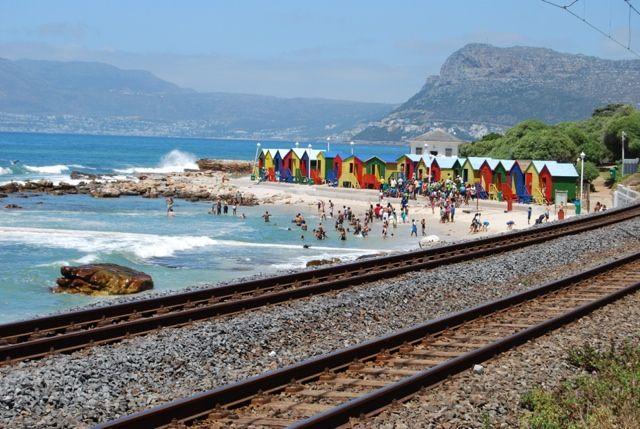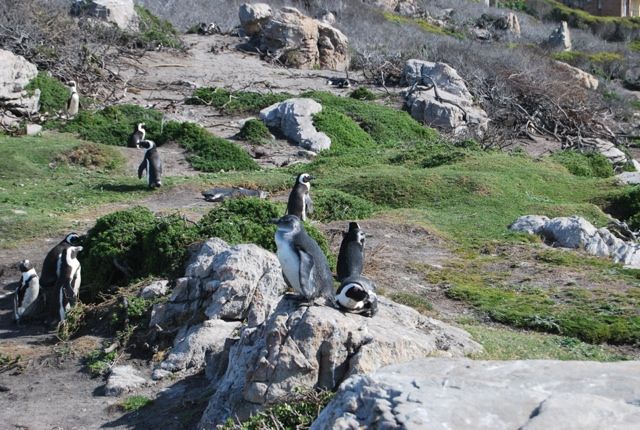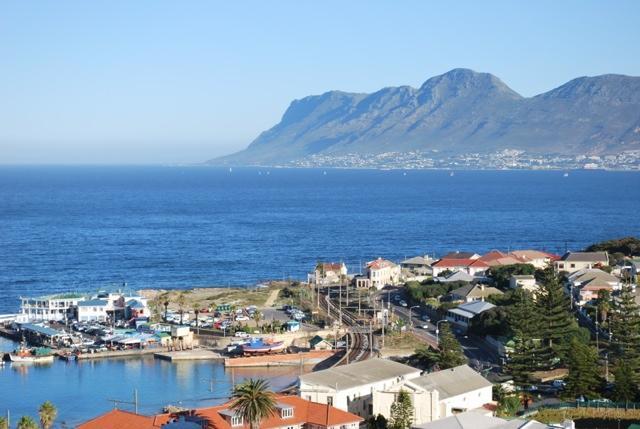Some interesting facts about South Africa’s coastline...
Six new marine conservation areas called Hope Spots was launched from the 4th to 14th December 2014. This string of Hope Spots will stretch from the Western Cape to KwaZulu Natal, and will be known as the False Bay Hope Spot; Cape Whale Coast Hope Spot; Knysna Hope Spot; Plett Hope Spot; Algoa Bay Hope Spot; and Aliwal Shoal Hope Spot.

The South African region is defined by two Large Marine Ecosystems; the Benguela Current Large Marine Ecosystem (BCLME), and the Agulhas-Somali Current Large Marine Ecosystem (ASCLME). These two Large Marine Ecosystems constitute an exceptionally rich marine environment which has enormous value as a national resource, yet little is understood about the natural variability of these two major oceanographic regions along our coastline.
Of South Africa’s 3 000km long coastline 20% consists of Marine Protected Areas (MPAs); 11% is protected by no-take MPAs and 0.4% of the South African Exclusive Economic Zone (EEZ) is covered by MPAs.
The City of Cape Town administers a 300km stretch of coastline, 60km of which is in the Table Mountain National Park, which is the longest coastline of any municipality in the country. It is also Cape Town’s single greatest economic and social asset.

Since the 1980s, the Agulhas Current system has warmed by up to 1.5°C and statistical analysis shows that Marion Island sea temperatures, measured on a daily basis over the past 50 years, have increased by 1.4°C.
Of South Africa’s GDP, O.5% comes from commercial fisheries and of our commercially important marine species, 48.1% are optimally exploited; 29.6% are status uncertain; 14.8% are overexploited and 7.4% are underexploited.
Approximately 25% of our commercially important species are reef associated making them directly linked to food security and job opportunities.
The only fisheries in South Africa to be certified by the Marine Stewardship Council (MSC) are the trawled deep- and shallow-water hake fisheries.
It is estimated that the illegal catch of abalone exceeds the legal commercial catch by more than 10 times.

Approximately 500 000 people participate in South Africa’s shore-based recreational fishery with the estimated value of the fishery in 2011 being R3 billion.
Of 550 species globally, South Africa has the second highest level of shark diversity in the world, however, we know almost nothing about most of the species.
From 150 000 African penguins pairs in the 1950s, numbers are now down to 20 000 pairs, with the only growing colony being the Stony Point colony in Betty’s Bay.

(Copy and photographs by Carole Knight – http://caroleknight.co.za)
Source
© Written, Research and Photos: Carole Knight - http://caroleknight.co.za/
Call us and schedule your listing today! Contact Us
Copyright © 2025 Hermanus Online Magazine. Web Development by Jaydee media.

